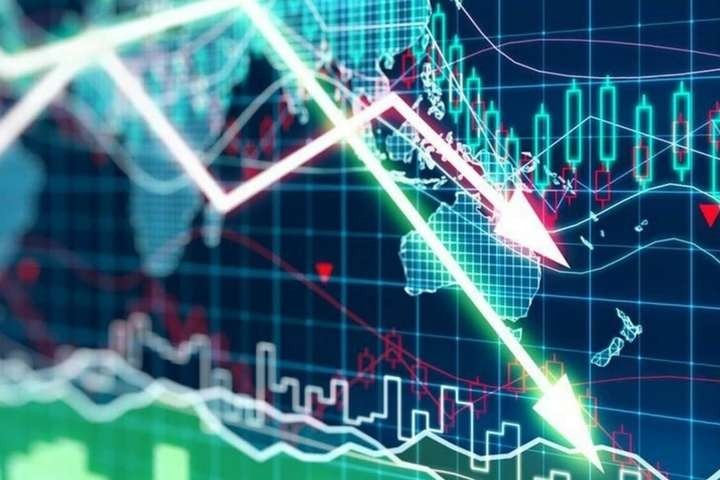MABUX: Bunker market this morning, Dec 18

MABUX World Bunker Index (consists of a range of prices for 380 HSFO, VLSFO and MGO Gasoil) in the main world hubs) increased on December 17:
380 HSFO: USD/MT 340.79 (+2.73)
VLSFO: USD/MT 420.00 (+3.00)
MGO: USD/MT 485.45 (+4.51)
Correlation between the Market Bunker Price Index (MBP) vs MABUX Digital Bunker Price Index (DBP) in four major hubs on Dec.17 still showed undercharging of VLSFO bunker grades in Singapore (-6 USD) and overcharging in other selected ports. At the same time, 380 HSFO is overcharged in all ports except of Rotterdam (-6 USD). MGO LS remained undervalued in all ports except of Houston (+ 10 USD).
Meantime, world oil indexes increased on Dec.17 amid the prospect of a stimulus package in the U.S. and a free trade deal between the EU and U.K.
Brent for February settlement increased by $0.42 to $51.50 a barrel on the London-based ICE Futures Europe exchange. West Texas Intermediate for January rose by $0.54 to $48.36 a barrel on the New York Mercantile Exchange. The Brent benchmark traded at the premium of $3.14 to WTI. Gasoil for January delivery added $8.00.
Today oil indexes decline with ever-rising numbers of COVID-19 weighing on fuel demand and the U.S. Congress continuing negotiations for a $900 billion economic stimulus bill.
More than 73.65 million people have been reported to be infected by the COVID-19 globally and 1,654,920 have died. The spike in cases is leading to tough restrictions on travel, weighing on near-term fuel demand and market sentiment.
With U.S. COVID-19 infections hitting new daily records, and restrictions tightening in Japan, pressure is growing on the Organization of the Petroleum Exporting Countries (OPEC), Russia and their allies, together called OPEC+. OPEC+ plans to add 500,000 barrels per day of supply to the market in January, in the first step toward returning 2 million bpd to the market.
At the same time, oil indexes were supported by a COVID-19 relief bill, strong Asian refining demand and a slide in the U.S. dollar to a two-and-a-half year low. With oil priced in dollars, a weaker greenback makes oil cheaper in other currencies. The continued rollout of vaccines is also helping protect the market from steep falls.
U.S. Congress inched closer to a deal, which is expected to boost fuel demand. However, there was no deal in sight late on Thursday. Although Senate Majority Leader Mitch McConnell said that a U.S. stimulus deal “appears to be close at hand,” Republicans and Democrats will likely have to work over the weekend to get it through Congress. Also on the table is a $1.4 trillion spending bill for the fiscal year beginning on Oct. 1, which must also be passed by Friday to avert a government shutdown.
Meanwhile, an advisory panel voted 20-0 with one abstention on Dec.16 to grant emergency use approval for Moderna Inc’s vaccine mRNA-1273. The Food and Drug Administration will meet to discuss the approval, which is widely expected to be granted. At the same time, Pfizer Inc and BioNTech SE are continuing to revise information for their COVID-19 vaccine BNT162b2 after an allergic reaction to the jab was reported in Alaska.
The labor market data from the U.S. showed, that another 885,000 Americans filing initial claims for jobless benefits last week. Wednesday’s retail sales report had indicated that rising layoffs had started to affect household spending, with sales falling for the first time in six months.
We expect bunker prices may increase today: 1-3 USD up for IFO and 5-8 USD up for MGO.
Read also
Wheat in Southern Brazil Impacted by Dry Weather and Frosts
Oilseed Industry. Leaders and Strategies in the Times of a Great Change
Black Sea & Danube Region: Oilseed and Vegoil Markets Within Ongoing Transfor...
Serbia. The drought will cause extremely high losses for farmers this year
2023/24 Safrinha Corn in Brazil 91% Harvested
Write to us
Our manager will contact you soon



